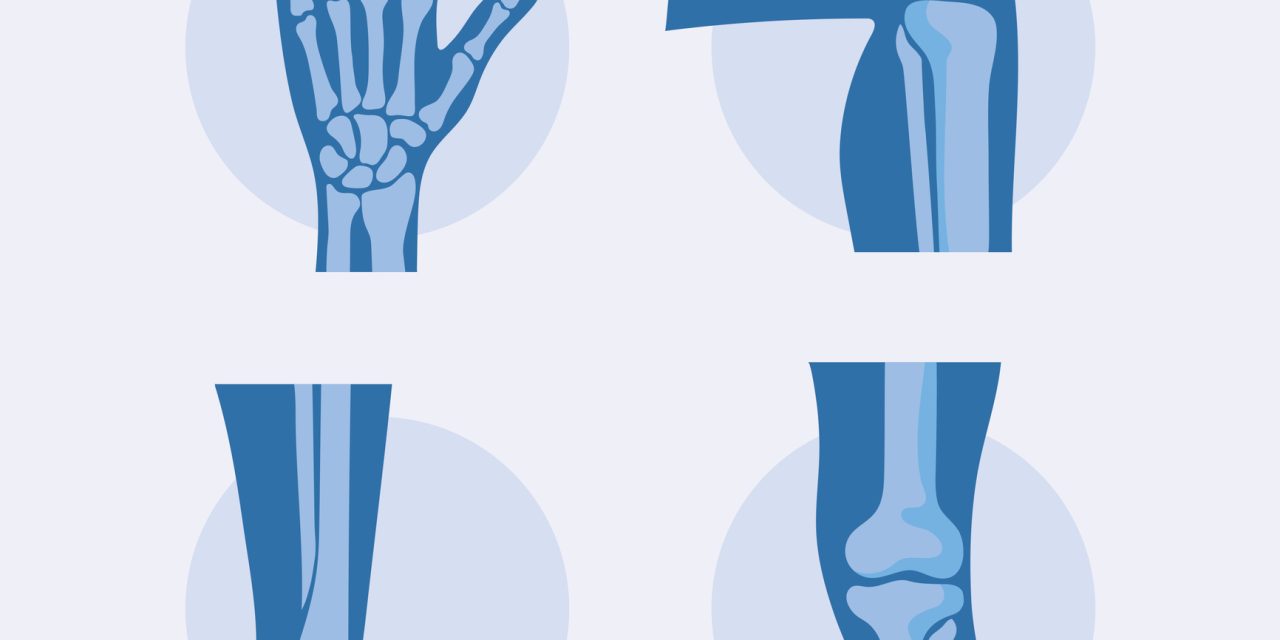Rheumatoid arthritis (RA) is a chronic, painful, disabling condition resulting in significant physical, emotional, and social health impairments. We used different methods and perspectives to evaluate the responsiveness of PROMIS® short forms (SFs) and identify minimal and meaningful score changes.
Adults with RA enrolled in a multi‐site prospective observational cohort completed PROMIS Physical Function, Pain Interference, Fatigue, Participation in Social Roles/Activities SFs, PROMIS‐29, and pain, patient global, and rated change in specific symptoms and RA (a little vs. lot better or worse) at the second visit. We compared mean score differences for minimal and meaningful improvement/worsening using patient and MD change ratings and distribution‐based methods and visually inspected empirical cumulative distribution function curves by change categories. The 348 adults were mostly (81%) female with long standing RA. Using patient ratings, generally, 1‐3 point differences were observed for minimal change and 3‐7 points for meaningful change. More considerable differences were observed with patient vs. physician ratings and for symptom‐specific vs. RA change. Mean differences were similar among SF versions.
In conclusion, PROMIS SFs and the PROMIS‐29 Profile are responsive to change and generally distinguish between minimal and meaningful improvement and worsening in key RA domains.


